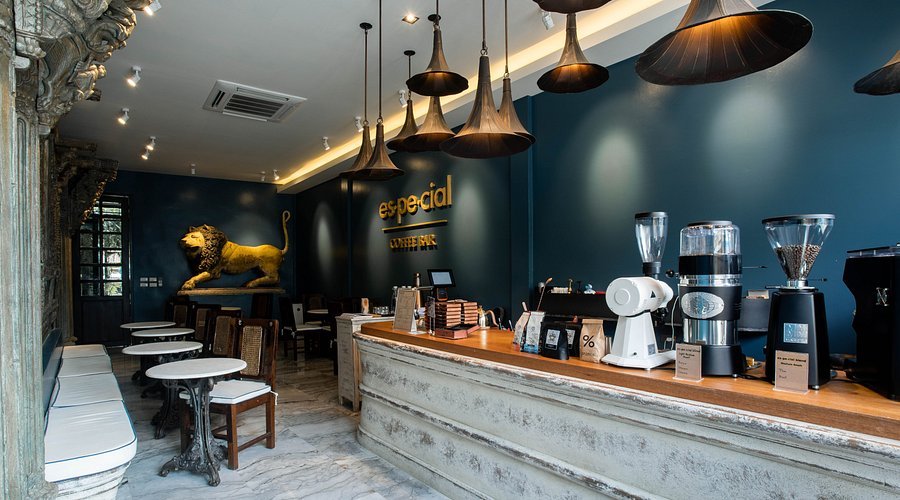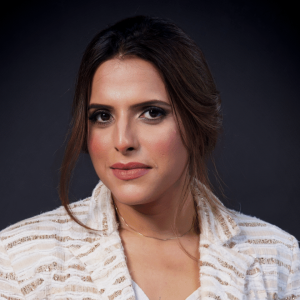French coffee shop culture is more than just a trend or a place to drink coffee. In France, cafés are a vital part of social life, history, and creativity. From Paris’s historic establishments to modern specialty cafés in cities like Lyon, Marseille, and Bordeaux, coffee shops have evolved into cultural icons. They are spaces where people gather, converse, work, or simply enjoy the art of living slowly, a concept famously called art de vivre.
Whether you are a tourist wandering through the cobblestone streets of Montmartre or a local seeking a quiet spot to read, French cafés offer a warm, inviting environment. This article explores the rich legacy of French coffee shop culture, tracing its history, evolution, trends, and what makes it unique today.
Origins of Coffee in France: From Curiosity to Culture
Coffee was first introduced to France in 1669 by Suleiman Aga, the Ottoman ambassador. At that time, France was already exploring new ideas, products, and experiences from around the world, and coffee quickly captured the fascination of the aristocracy. The drink’s exotic aroma and stimulating effects made it popular among scholars, artists, and philosophers.

In 1686, Café Procope opened in Paris, marking the first public café in France. Founded by Francesco Procopio dei Coltelli, it quickly became the epicenter for Parisian intellectual life. Figures like Voltaire, Diderot, and Rousseau frequented the café to discuss philosophy, politics, and literature. This early culture established the café as a place where ideas could flow freely, combining the pleasures of conversation with the enjoyment of coffee.
Cafés as Intellectual Hubs
During the 18th and 19th centuries, cafés became central to France’s cultural and political life. They were spaces where intellectuals, writers, and artists debated ideas that shaped the nation’s history. Café de Flore and Les Deux Magots in Paris became synonymous with existentialist thought in the 20th century, hosting luminaries like Jean-Paul Sartre, Simone de Beauvoir, Albert Camus, and Ernest Hemingway.

Unlike modern coffee chains focused on efficiency, traditional French cafés emphasized leisure and reflection. Patrons were encouraged to linger over a single cup of coffee, engaging in conversation or quietly observing the city streets. The café was a microcosm of French society, blending social classes and encouraging intellectual exchange.
The Classic French Café Experience
A French coffee shop is not defined solely by its coffee. The ambiance, pastries, seating arrangements, and interactions all contribute to the experience. Typical features include
- Outdoor Seating: Many cafés feature small tables on sidewalks, offering a front-row view of city life.
- Menu Variety: From espresso and café au lait to cappuccinos and hot chocolate, French cafés cater to a range of tastes. Pastries like croissants, pain au chocolat, and tarts are essential complements.
- Timeless Décor: Traditional French cafés often feature wooden chairs, marble tabletops, vintage mirrors, and artwork, providing a warm and historic feel.
- Leisurely Atmosphere: Patrons are encouraged to take their time, read a newspaper, or enjoy conversation, an experience not centered on quick service but on enjoyment.
Coffee and Culture: How Cafés Influence Society
Cafés are cultural incubators. Historically, they influenced political movements, artistic expression, and social change. For example, revolutionary ideas were often debated in cafés during the French Revolution. Later, artists and writers used cafés as spaces to brainstorm, write, and collaborate, creating enduring works of literature and philosophy.
In contemporary France, cafés continue to foster community interaction. They host poetry readings, live music, art exhibitions, and book clubs. Many locals use cafés as remote workspaces or informal meeting spots, highlighting their continued relevance in daily life.

Evolution of French Coffee Shops
The French coffee shop scene has evolved significantly in recent decades. Traditional cafés still thrive, but new trends have emerged
Specialty Coffee Movement
Modern cafés focus on high-quality beans, precise brewing methods, and unique flavors. Specialty coffee shops like Terres de Café, Café d’Auteur, and % Arabica have gained popularity among younger customers seeking artisanal coffee experiences. These cafés emphasize origin transparency, single-origin beans, and expert preparation.
Asian Influence
French coffee culture has absorbed influences from Asia. Vietnamese-style coffee, matcha lattes, and ube drinks are increasingly found in urban cafés. This blending of cultures demonstrates the adaptability of French cafés, merging global trends with local tastes.
Digital and Modern Amenities
Many modern coffee shops integrate digital conveniences such as free Wi-Fi, power outlets, and mobile ordering apps. While preserving the leisurely café vibe, these establishments cater to a tech-savvy clientele seeking both comfort and efficiency.
Sustainability and Ethical Sourcing
Environmental awareness is shaping modern French coffee culture. Cafés prioritize ethical sourcing, eco-friendly packaging, and waste reduction. Specialty cafés often collaborate directly with coffee farmers, ensuring fair compensation and sustainable farming practices. For consumers, this adds value beyond taste, aligning their coffee choices with social responsibility.
Regional Variations in French Coffee Culture
While Paris often dominates the discussion of cafés, regional cities offer unique experiences
- Lyon: Known for its historic bouchons and cafés, blending coffee with local cuisine.
- Marseille: Mediterranean influences create vibrant, diverse café atmospheres with lively street culture.
- Bordeaux: Emphasis on wine cafés alongside coffee, offering refined tasting experiences.
- Nice: Cafés here blend French Riviera elegance with Italian espresso traditions.
Each region contributes its own flair, making French coffee culture rich and diverse.
Coffee Types and Popular Beverages
Understanding French coffee culture also means knowing what people drink
- Espresso: Small, strong, and served in a tiny cup, the cornerstone of French coffee.
- Café au Lait: Equal parts coffee and hot milk, often enjoyed at breakfast.
- Cappuccino: Italian influence, popular in modern cafés.
- Americano: Coffee diluted with hot water, a favorite among tourists.
- Iced Coffee and Specialty Drinks: Gaining popularity in summer and urban cafés, often with creative flavors or dairy alternatives.
Pastries like croissants, pain au chocolat, tarts, and quiches complement the beverages, creating a complete café experience.

Cafés as Social and Creative Hubs
French coffee shops have a long history as hubs of creativity. Writers draft novels, artists sketch, and students study in cafés. This tradition continues today, with cafés hosting workshops, exhibitions, and live performances. Many modern cafés double as cultural spaces, offering events that connect communities and celebrate local artistry.
The Global Perspective
French cafés have influenced coffee culture worldwide. Many countries adopt French-style cafés, emphasizing atmosphere, outdoor seating, and leisurely enjoyment. However, France itself continues to innovate, merging classic traditions with global coffee trends to maintain relevance in a rapidly changing market.
The Future of French Coffee Shops
The future of French coffee shops lies at the intersection of tradition and innovation
- Sustainability: Greater focus on eco-friendly practices, organic beans, and waste reduction.
- Technology Integration: Mobile ordering, loyalty apps, and digital menus complement traditional service.
- Global Fusion: Blending French traditions with international coffee trends.
- Community Engagement: Expanding cultural events, art showcases, and social initiatives within café spaces.
These trends ensure that French coffee shop culture remains dynamic, relevant, and appealing to a wide range of customers.
Why Experience French Coffee Shops
Visiting a French café offers more than coffee, it is an immersion in history, culture, and lifestyle. From the bustling streets of Paris to regional gems in Lyon or Nice, cafés offer
- Cultural immersion: Witness the art of French social life firsthand.
- Relaxation: Enjoy a slow-paced, mindful experience over coffee and pastries.
- Inspiration: Find creativity and ideas in spaces historically associated with thinkers and artists.
- Community: Engage with locals and participate in cultural events and discussions.
Whether sipping a classic espresso at a historic café or enjoying a creative specialty drink at a modern spot, visitors can experience the essence of French coffee culture.
Conclusion: A Living, Breathing Tradition
French coffee shop culture is timeless, blending history, leisure, and community in every cup. From intellectual hubs in the 17th century to modern specialty cafés, these spaces embody France’s appreciation for conversation, creativity, and quality.
The cafés are not only about coffee, they are cultural institutions that reflect the country’s values, social norms, and artistry. Experiencing a French coffee shop is an invitation to slow down, enjoy life, and connect with both people and ideas.
As the world changes, French coffee shops continue to adapt while preserving their essence. They remain living legacies of France’s rich cultural tapestry, offering both locals and visitors a unique and unforgettable experience.
Do follow UAE Stories on Instagram
Read Next – Experience Luxury at Roxy Cinemas Dubai Hills














